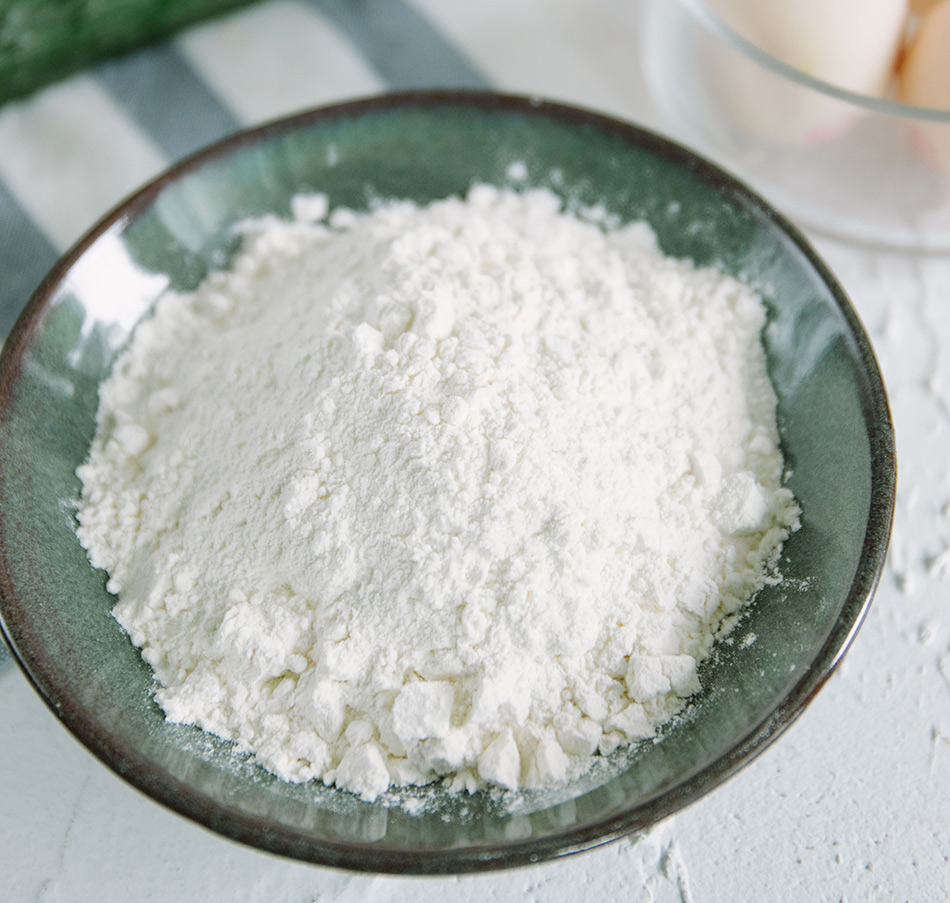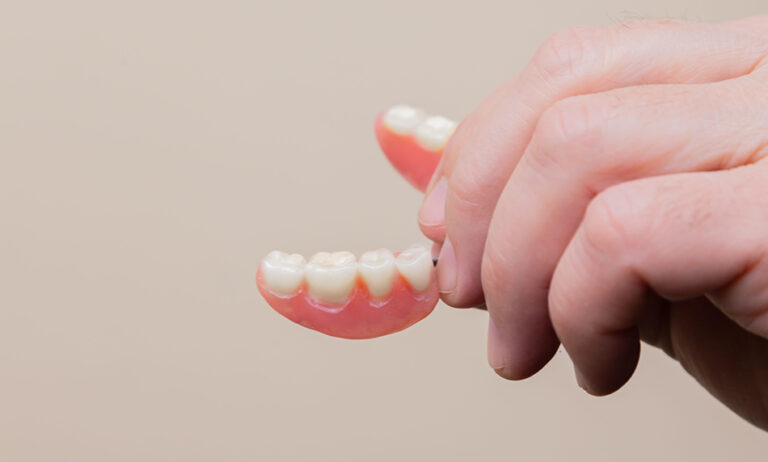According to legend, the first sugar substitute, saccharin, was discovered accidentally by a researcher at Johns Hopkins University way back in 1897. Saccharin is still available today in some soft drinks and grocery stores. Xylitol is one of the most recent sweeteners, and it’s one of the safest. Learning about xylitol and other no-calorie sweeteners can help you make better decisions.
Why Do People Worry about the Safety of Sweeteners?
Saccharin was the only no-calorie sweetener available until the 1950s when a product known as cyclamate burst onto the scene. Diet Pepsi and Tab were both manufactured with cyclamate, and the pink Sweet ‘n Low packets found on restaurant tables contained cyclamate. By the mid-1960s, Americans consumed 17 million pounds of it a year. However, a couple of decades later, the FDA banned cyclamate for good when they learned that it caused bladder cancer in lab rats, and the American people were shocked. Since then, many Americans have shied away from no-calorie sweeteners due to cancer fears.
What is Xylitol?
Xylitol is a naturally-produced sugar alcohol that originates in numerous everyday fruits and vegetables. Like other sweeteners, Xylitol is much sweeter than sugar, but it contains no calories and does not produce an insulin response in the body. As such, xylitol has quickly become one of the most popular sugar alternatives in the United States and around the world. The FDA even allows brands selling xylitol-sweetened products to claim that these products reduce the risk of cavities. You can find xylitol in everyday products, including chewing gum, peanut butter, and soft drinks.
Is Xylitol a Good Alternative?
There are numerous no-calorie sweeteners on the market today – xylitol, saccharin, aspartame, and stevia, to name a few – and of these, xylitol is one of the safest. Unlike its competitors, it has a unique property that allows it to act against some of the bacteria in saliva that can cause tooth decay. It even helps to prevent ear infections in some cases. Xylitol is more than just an alternative to sugar – it’s an oral healthcare preventative that can boost your defense against cavities. Chewing gum sweetened with xylitol can help provide that extra layer of protection, as well.
Xylitol in Toothpaste
Because the FDA has recognized xylitol’s role in preventing tooth decay when used in place of sugar, WooBamboo is proud to use xylitol as a sweetener in our natural fluoride-free toothpaste. Our Vanilla Mint flavor is a favorite among adults, and kids love our Marshmallow and Bubble Berry flavors. Our toothpaste is great for teeth and gums, and it’s good for the environment. All flavors are vegan-friendly, cruelty-free, and gluten-free so that everyone can enjoy them.
From the accidental discovery of saccharin to the promising creation of xylitol, there are plenty of options for no-calorie sweeteners. If you want a little extra protection against tooth decay, xylitol is the way to go, and you can find it in WooBamboo’s three delicious fluoride-free toothpaste flavors.






